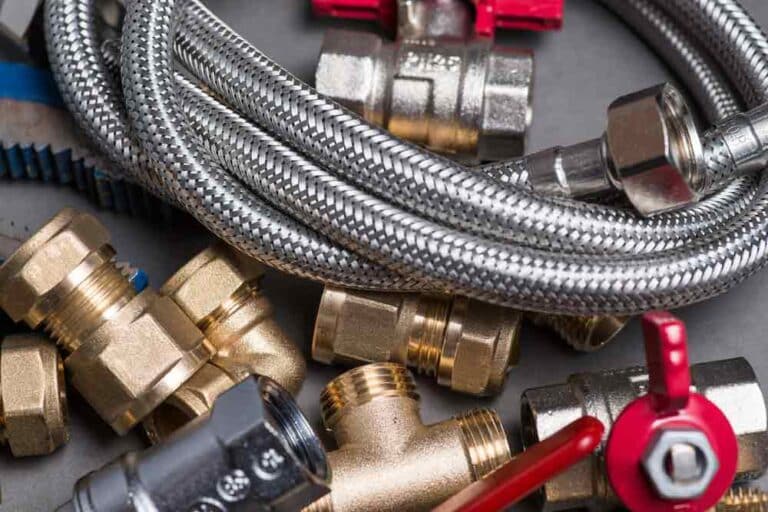Originating from simple designs, industrial hoses have evolved into complex systems integral to numerous industries. Their role in transporting various substances, from gases to liquids, underlines the necessity of handling them with the utmost care and precision. This blog delves into the essential safety measures and best practices for working with industrial hoses to ensure a safe and efficient work environment.
Identifying Potential Hazards with Industrial Hoses
When working with industrial hoses, it’s important to be aware of potential hazards that can compromise safety and efficiency. Here are key points to consider:
- Visible Wear and Tear: Look for any signs of deterioration such as cracks, thinning or bulging.
- Leakage: Check for any wet spots or drips that indicate a leak in the hose.
- Abrasion Marks: Noticeable abrasion on the hose surface can be a sign of excessive wear.
- Crushed or Flattened Sections: Indicate potential internal damage and blockages.
What Are the Essential Safety Checks Before Using Industrial Hoses?
Before using industrial hoses, it’s important to perform several safety checks. Ensure the hose is suitable for the intended application, particularly in terms of material compatibility and pressure ratings. Conduct thorough inspections for cracks, leaks or wear before each use. Check for any physical damage, such as cracks or abrasions and ensure all connections are secure. It’s also important to verify that the hose has not surpassed its service life.
Best Practices for Safe Handling of Industrial Hoses
Here are some guidelines for the safe and effective handling of industrial hoses:
Proper Storage
Store hoses away from sharp objects and in a manner that prevents tangling.
Regular Training
Ensure all personnel are trained in correct hose handling and operation procedures.
Avoid Excessive Bending
Prevent bending the hose beyond its minimum bend radius to avoid damage.
Pressure Management
Regularly check and maintain the correct operating pressure to avoid hose failure.
The Importance of Regular Hose Maintenance
Regular maintenance extends the life of industrial hoses and ensures safe operation. It involves routine inspections, proper storage and immediate repairs of any detected issues. Rely on professionals to identify potential problems before they lead to accidents or equipment failure.
Seeking Reliable Industrial Supplies in Rockhampton?
By adhering to these guidelines, you can ensure the longevity and optimal performance of your hoses. It’s important to choose only high-quality products to maintain safety and efficiency in your operations. If you are looking for quality industrial hoses in Rockhampton or professional advice for safe handling, contact our team at Norosco.





